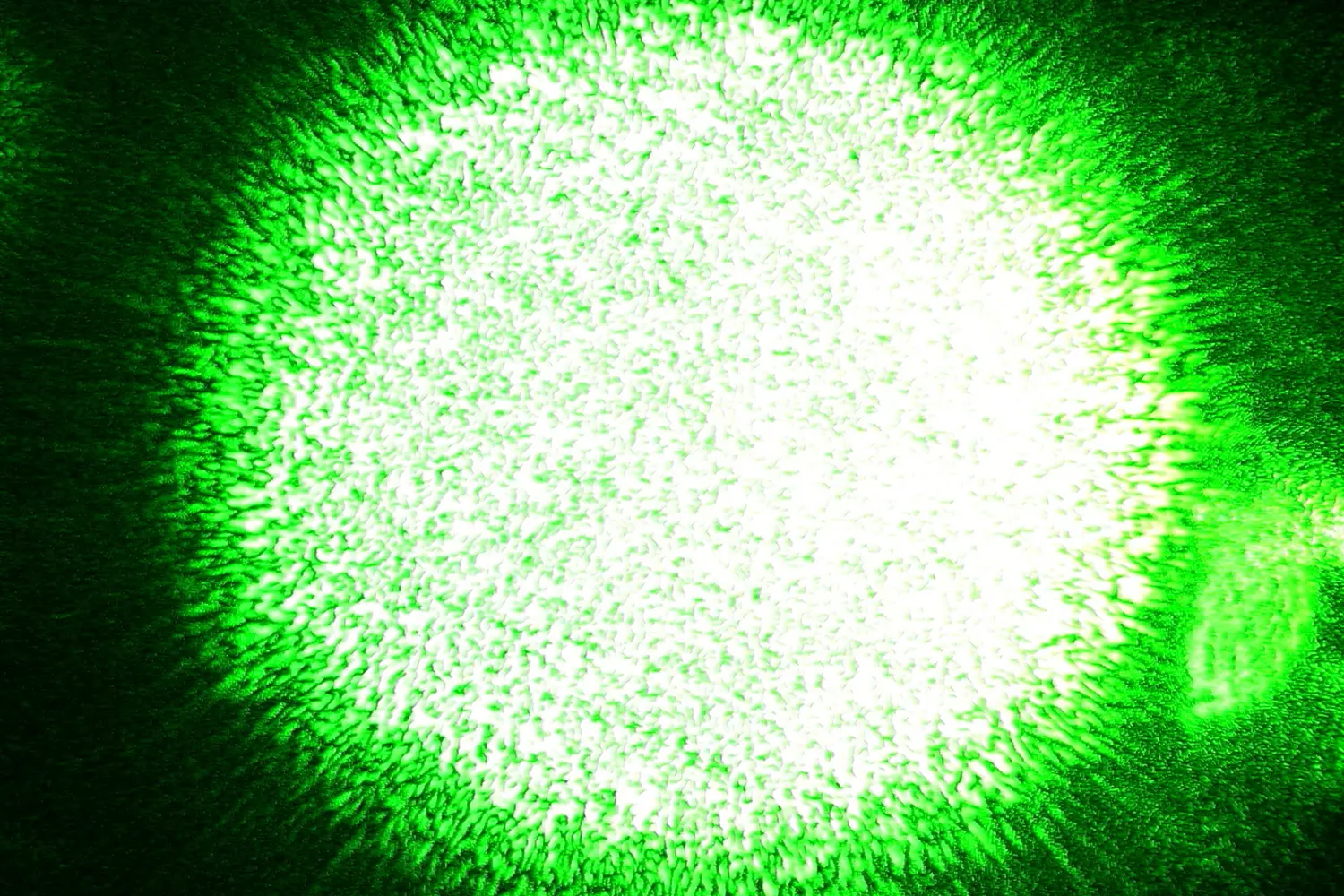MSc degree programme at the Institute of Applied Mathematics and Physics (IAMP)
During the MSc degree programme, students are assigned to an institute or centre that has great expertise in the selected specialist area. The Institute of Applied Mathematics and Physics offers the five profiles Medical Engineering, Data Science, Computer Science, Mechatronics and Automation as well as Photonics and Laser Engineering.
During the MSc degree programme, students spend around two-thirds of their study time at the Institute of Applied Mathematics and Physics. Here, they work on their in-depth specialisation subject and contribute to practical research and development projects. In a project thesis, as well as in their MSc thesis at the end of the study programme, they solve real problems, usually in cooperation with an industrial partner.
Medical Engineering
Students work on topics that form part of current research projects from the area of medical imaging (e.g. simultaneous dose and image quality measurement in computer tomography, model-based data analysis of (patho-) physiological processes) or therapy optimisation (e.g. hyperthermia radiotherapy, combined PK-PD models). A special focus is placed on the transfer of systems science methods to clinical medicine and biomedical research.
In the Applied Optics (AO) focus area, fluorescence-based, spectroscopic and label-free optical measurement methods and instruments are developed that are used to investigate protein (antibody) interactions and the detection of sugar in diagnostics.
Data Science
The Applied Complex Systems Science (ACSS) and Scientific Computing and Algorithms (SCA) focus areas bring together knowledge from the fields of physics and applied mathematics. Data Science focus areas are machine learning in the real world, the preparation, integration and processing of sensor data, and the evolutionary adaptive control of technical systems, as well as learning from models to make optimisation problems calculable. We work on the whole design and development chain, from analysis right through to prototype implementation.
In the SCA focus area, we develop various ML models for industrial applications, with a focus on Bayesian modeling (from classical variational approximations to sequential Monte Carlo sampling). Adapted to the application, we use regression and classification models, non-linear state space models, reinforcement models and DN architectures. Our approaches are often model-based and we mainly work with data from a wide range of sensors.
Computer Science
In the SCA focus area, algorithmically demanding, calculation time-intensive problems from fields such as optimal control, the merging of sensor data, the simulation of fields or more general learning problems are dealt with. Depending on the requirement, Python or C++ are implemented, and the target architecture (embedded, desktop, cluster) can also vary. In addition to the model, the robustness and efficiency (memory, cycles) of the implementation are central to success.
Mechatronics and Automation
The SCA focus area investigates problems such as the optimal control of non-linear (mechanical) systems (control), the general fusion of sensor data (filter) or the optimization of sensors (simulation ODE/PDE and Bayesian optimization).
Photonics and Laser Engineering
The AO focus area is predestined for MSc students in the Photonics and Laser Engineering profile. The research activities, which always take place in close cooperation with industrial partners, range from the development of optical position and motion sensors to adaptive and integrated optics or the development of spectroscopic and fluorescence-based methods for process monitoring and medical diagnostics. Electronics, mechanical structures and actuators, as well as software for data evaluation of photon-based measurement methods, are developed both in-house and in cooperation with partner institutes. Model calculations are used to analyse physical optics phenomena and then develop innovative measurement approaches.
Example of an MSc thesis
Comprehensive use of the advantages of laser light

In image projection technology, lasers have considerable advantages over other light sources. Bright, colour-intensive, brilliant images can be created using the compact, maintenance-free, energy-efficient laser modules. When viewed, however, the image is perceived as “spotty”. As part of this MSc thesis, the causes of this problem were investigated in depth in order to realise solutions that suppress the spots.